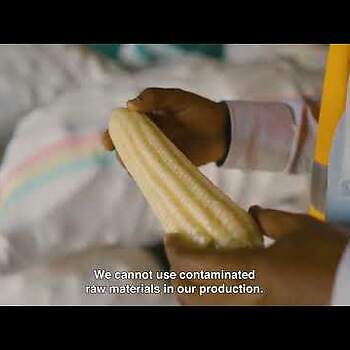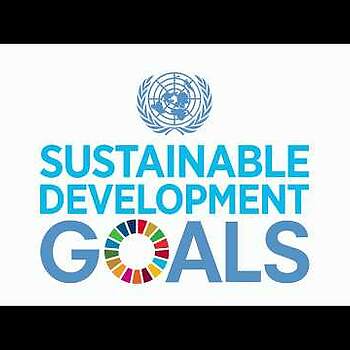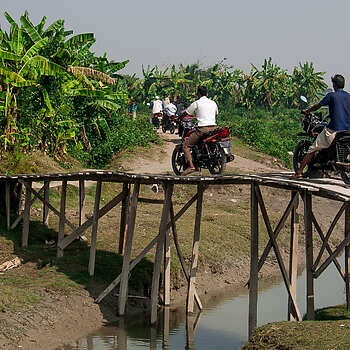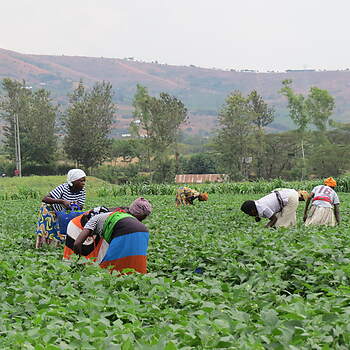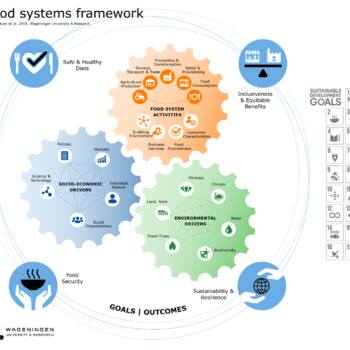Private sector involvement
The importance of agriculture for poverty reduction, structural economic transformation and globalization of agricultural and food markets and value chains, imply that we need a robust and socially and ecologically responsible private sector to deliver on the SDG’s. Dutch funded private sector instruments are a major source of finance for international endeavours in the agricultural sector focusing on creating employment, supporting viable institutions (e.g. farmers organizations through Agriterra), improving access to finance (credit schemes, crop insurance, etc., land governance, infrastructure development (e.g. through the Private Infrastructure Development Group, PIDG) and business skills. Special attention is given to Corporate Social Responsibility (CSR) that includes environmental responsibility and Trade Agreements emphasizing specific needs of the agricultural and food sectors (e.g. Sanitary and Phyto-Sanitary (SPS) regulations).
In addition to a focus on (1) nutrition, improving the livelihoods of small scale farmers, and ecological sustainability and (2) private sector development to increase investments in agriculture, the third priority in the policy paper of 2018 is increasing opportunities for Dutch companies involved in agriculture and food-related industries, thereby enhancing the Netherlands’ international earning capacity. he Netherlands is the second-largest exporter of agricultural products in the world after the United States and the agri-food sector contributed 10% of Dutch GDP. Dutch multinationals and some SMEs have been active in developing countries for decades. Efforts to ensure socially and ecologically responsible business practices, increase local sourcing and promote innovations are ongoing; in some cases through Public-Private Partnerships. Companies are increasingly signing up to the CSR agreements (‘covenanten’), two of which are directly related to the agricultural and food sector.
Netherlands Food Partnership
To achieve SDG2 the Netherlands Food Partnership (NFP) was established in 2020. This was a merger of the previous Agri-Profocus program and the Food and Business Knowledge Platform. The NFP takes a food systems approach which aims to improve the outcomes of interventions through collaborative efforts of different parties involved (government, private sector, civil society and knowledge institutions). Social inclusion, economic development and ecological sustainability are the key core values. That is also the case in the landscape development programs that are supported by the Netherlands.
References
https://www.rijksoverheid.nl/regering/bewindspersonen/sigrid-kaag/documenten/beleidsnota-s/2018/05/18/pdf-beleidsnota-investeren-in-perspectie Pages 36-39 about food security and agriculture. Focus on integrated, sustainable approach of agricultural development and increasing employment and economic development.
2017-2021: Sigrid Kaag
Nota: Beleidsnota-investeren-in-perspectie
2022- 2024: Liesje Schreinemacher
https://www.nlfoodpartnership.com/insights/Dutch_Foreign_Trade_Development_Cooperation_Identifies_Global_Food_Security_as_Key_Priority/ Policy Note: Doing what the Netherlands is good at
